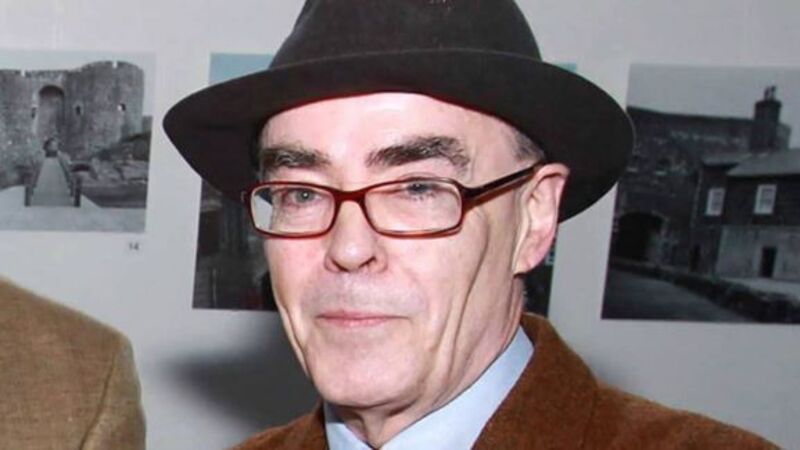Carson focuses on the music alive in Rimbaud’s poetry for new translation

Between 1872 and 1875, a young French vagabond — often under the influences of vast quantities of alcohol and opium — travelled between London, Paris and Belgium, writing poems that would reflect how he had “[made] himself a seer through a long, prodigious, and rational disordering of all the senses”.
The end result was a manuscript that Arthur Rimbaud — then just 21 years old — would hand to his former lover, Paul Verlaine, on the occasion of their last meeting in Stuttgart in 1875. Illuminations, the book of poems that Verlaine eventually published in 1886, would turn out to be one of the masterpieces of world literature, and a precursor for much of the modernist poetry in the 20th century.











